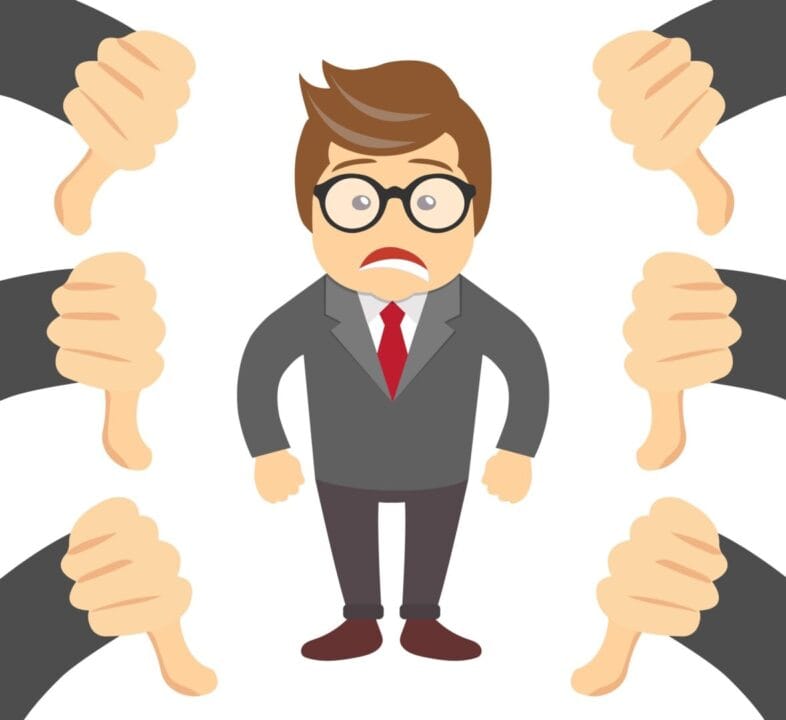Just one ‘white lie’ will not hurt… Said all of us.

Honesty may be the best policy, but have you ever wondered if telling a lie is acceptable? Find
out more about what lying is and how lying can affect your physical and emotional health as Consultant Child Psychologist, Katyana Azman from Pantai Hospital Kuala Lumpur shares the truth about lying.
1Twenty80: How would you define lying?
Katyana Azman: I would define lying as being purposefully deceitful when communicating with someone or fabricating something that didn’t really happen for various purposes. However,
not all forms of deception are lies.
1Twenty80: What are the different types of lying?
Katyana: When you look at lying, there’s always a motivating factor behind it apart from people who have psychological illness or severe mental illness. Usually people tell lies because they
are motivated by some particular reason. The different types of lying depends on what motivates them to lie.

1Twenty80: What are the signs that someone is lying?
Katyana: Micro features is a psychological element that helps psychologists to realise when someone tells a lie. Micro features change when a person lies. It is easy to read the body language of a person who lies, especially for those who are trained to read body language on a daily basis. Shifty eyes, hesitation, constant fidgeting, averting eye contact or directing attention to somewhere else are clear signs of not telling the truth. However, this does not apply to people who might have Antisocial Personality Disorder.

1Twenty80: Can lying be a form of addiction?
Katyana: Yes, lying can definitely be a form of addiction, especially if it’s something that has been supported from young. When children lie, adults need to rectify or address the lie in an appropriate manner. If not, they will grow up to continuously tell lies.
The “concept of lying” is what makes it addictive. You gain something whether it’s to protect someone or yourself or to achieve something that the truth would not allow you to gain. People can get addicted to the benefits and pleasures that comes from lying which makes it highly addictive.
1Twenty80: How does lying affect people?
Katyana: Lying or the view people have towards lying can affect the member of society that they become and how they interact with people. If you’re a person who has developed an understanding of ‘right’ and ‘wrong’, then lying is something that makes you feel guilty. This could affect you on a more emotional level, making you feel like you’re being more deceitful to the people around you.
On the negative spectrum, if you’re a person who enjoys lying, chances are high for you to end up with a very distorted view of the society. You might think that the society revolves around you and you have no obligation to be truthful or to be held accountable for your actions.
Quote: Yes, lying can definitely be a form of addiction, especially if it’s something that has been supported from young.
1Twenty80: Is there a psychological reason behind a person’s lie?
Katyana: As an average person without a psychological affliction of any kind, the basic motivating factor of telling a lie is solely done to get something in return. However, on a psychological level, there are certain mental illnesses that are quite closely tied to lying which makes them feel like they’re above the law. (It’s a different level of understanding about oneself).
In children, it’s Conduct Disorder. It’s a behavioural and emotional disorder whereby they have problems following the rules and regulations that make them feel like they’re an exception to the rules and makes them feel invincible.
To tie up, lying is not necessarily linked to mental illness, but there are mental illnesses that have lying as part of a component to it.
1Twenty80: Is lying morally acceptable?
Katyana: While lying is a threat to many, I feel that lying is morally acceptable only when it is not for personal gain.
There is a big difference between lying for personal gain and lying for a more neutral purpose. For example, the value of saving a life or compassion for others shows that lying is ethical. Before you lie though, ask yourself a few questions to see if a lie is really necessary.
1Twenty80: Are “white lies” acceptable?
Katyana: White lie is what we considered as something that is not really significant in its purpose. You may tell a “white lie” in an attempt to protect yourself or someone you love from being judged or prosecuted in some way. Therefore, you come up with a lie to safe each other from the stress of it.
In terms of whether it is acceptable or not, I feel that it comes back to the reason of why a person lies and what are the motivating factors of the lie is. For example, if a lie is told in an attempt to benefit yourself, then it’s definitely unacceptable. However, if you’re lying or bending the truth for the purpose of protecting a larger proportion of people or even at the point of sacrificing your own happiness to helps others, then to me it feels alright.

1Twenty80: How can lies tarnish one’s relationship with others?
Katyana: Lying is destructive to both the liar and those being lied to. Lies affect the trust one holds in the relationship and trust is the number one thing that people need in a relationship, whether it’s family, friends, romantic or work-based. Trust is an important factor because it determines the strength of the relationship. Rebuilding trust in your relationship after being lied to continuously can be difficult once trust has been broken or compromised.














